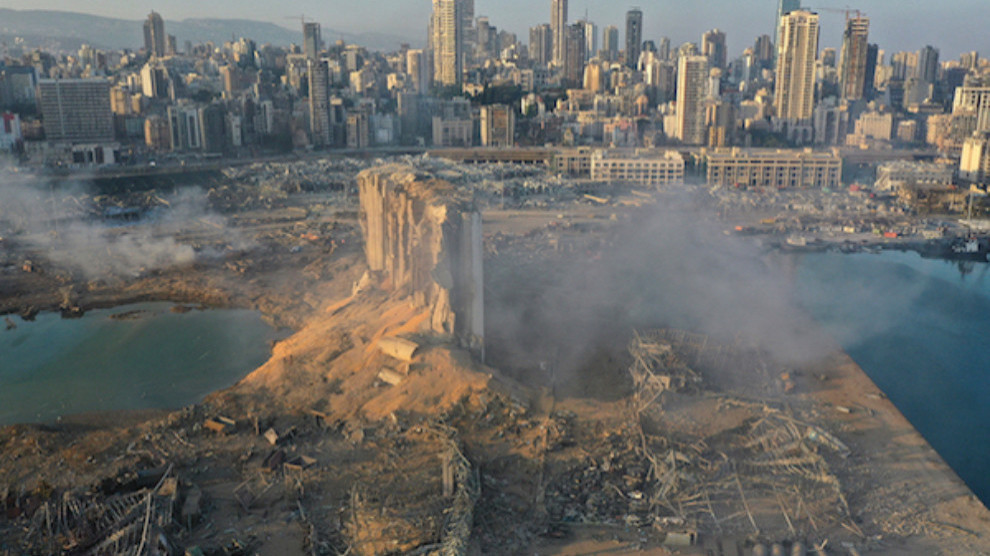300 thousand people still without water after Beirut explosion
The United Nations Children's Fund (UNICEF) warned on Friday that over 300.000 people in Beirut continue to suffer a lack of access and sanitation services in the aftermath of the blast.
The United Nations Children's Fund (UNICEF) warned on Friday that over 300.000 people in Beirut continue to suffer a lack of access and sanitation services in the aftermath of the blast.

UNICEF estimates that 130 buildings in the greater Beirut area have been completely disconnected from the main water network. Also, the water systems of more than 500 occupied buildings have been damaged.
The situation is particularly dire for the 100.000 children whose homes were destroyed or affected by the explosion.
The lack of access to safe water poses a more significant threat amid the COVID-19 pandemic as authorities alert that infections "can skyrocket." When the bombs exploded on August 4, the country was already experiencing a rise in infections, according to the World Health Organization.
"As COVID-19 cases continue to surge, it is more critical than ever to ensure that children and families whose lives were turned upside down by the explosion have access to safe water and sanitation," UNICEF Lebanon Representative Yukie Mokuo warns.
On August 7, the United Nations warned of an ongoing humanitarian crisis in a country where one million people were already living below the poverty line and 75 percent of the population needing aid. Besides, 33 percent have lost their jobs since the beginning of the COVID-19 pandemic.
Following the explosions, the World Food Programme said the damage to Beirut's port, Lebanon's largest, could disrupt food supplies, therefore, increase the prices.